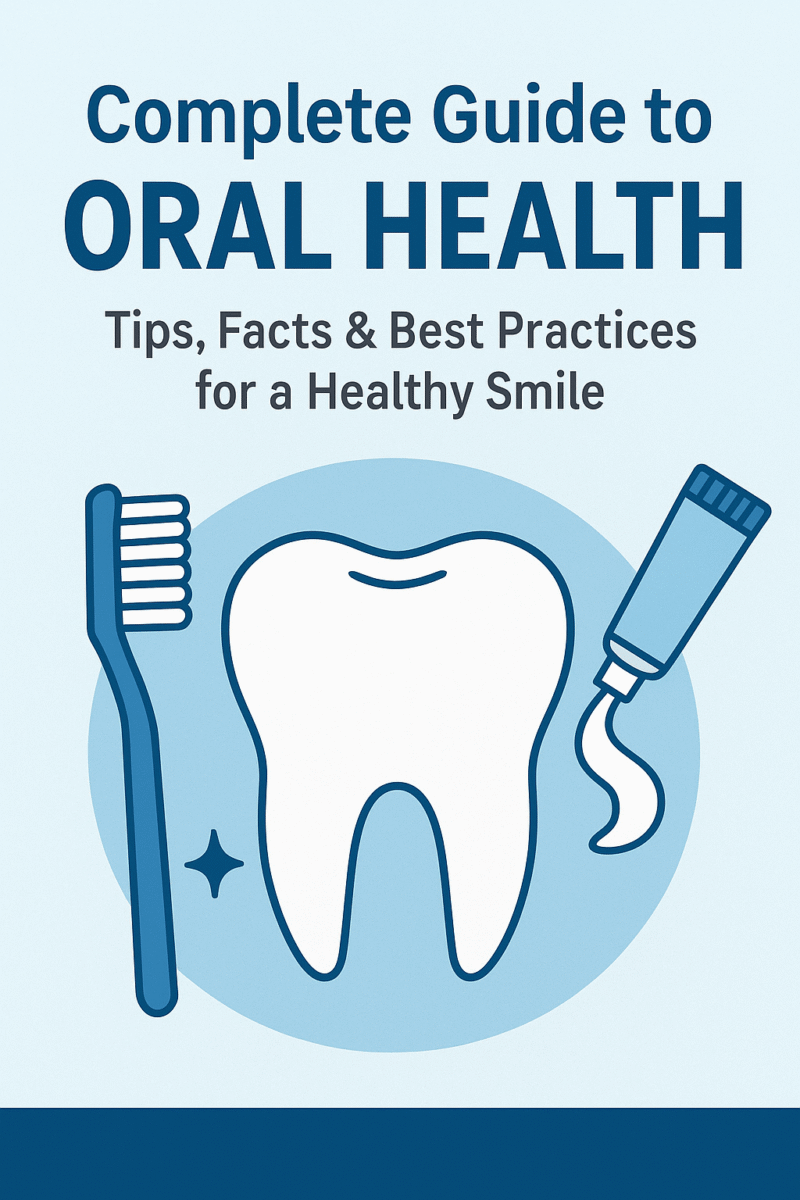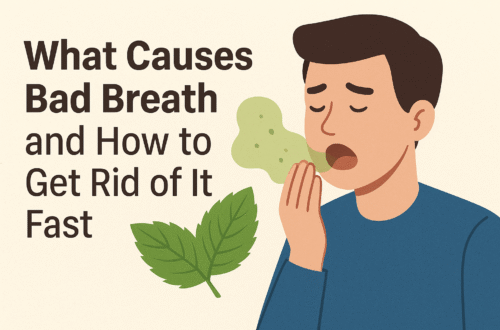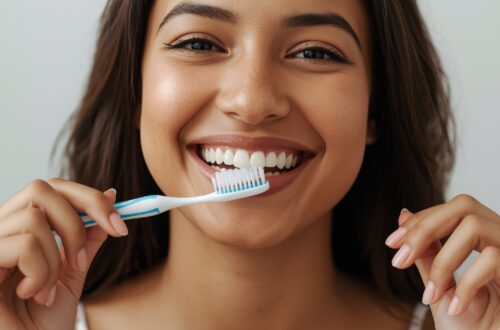Knowledge about Oral Health
Oral hygiene is the method of ensuring that your mouth is hygienic and disease free. It involves daily activities such as brushing and flossing together with regular visits to dentists to undergo check-ups and dental cleaning as well as X-rays.
The Importance of Oral Hygiene
Oral hygiene is preventive care; it prevents issues such as gum disease, cavities, and bad breath before they start. Healthy teeth and gums contribute to your overall well-being, while mouth infections can travel through your bloodstream, increasing risks of heart disease, heart attack, and stroke.
Oral-Health Related Ailments
- Cardiovascular disease
- Stroke
- Endocarditis (infection of the heart lining)
- Pneumonia
- Prenatal complications (premature birth, low birth weight)
Other conditions that can worsen oral health include:
- Diabetes
- Osteoporosis
- HIV/AIDS
- Alzheimer’s disease
Indicators of Bad Oral Hygiene
- Bleeding gums
- Bad breath
- Rotten or loose teeth
- Gum recession
- Unhealing mouth sores
- Jaw swelling
- Toothaches
- Gingivostomatitis (mouth infection)
Best Practices for Good Oral Hygiene
- Brush using fluoride toothpaste and a soft-bristled toothbrush at a 45° angle to your gums, cleaning all tooth surfaces.
- Floss daily using proper technique or alternatives like dental picks or interdental brushes.
- Clean your tongue with a toothbrush or scraper.
- Use alcohol-free antibacterial mouthwash.
- Visit your dentist every six months, or 3–4 times per year if needed.
- Avoid tobacco products to lower the risk of gum disease and oral cancer.
Selecting Appropriate Products
Look for the ADA Seal of Acceptance on oral care products. Your dentist can recommend options best suited to your needs.
Benefits of Good Oral Hygiene
- Stronger, healthier teeth and gums
- Fresher breath
- More attractive smile
- Fewer dental treatments needed
- Lower risk of heart disease, diabetes, stroke, and oral cancer
- Long-term savings on dental costs
Frequency of Visiting Dentist
The American Dental Association advises regular check-ups — usually every 6 months, or every 3–4 months for those with gum disease or frequent cavities.
When to Call Your Dentist
- It’s been more than 6 months since your last cleaning
- You have tooth pain, bleeding gums, bad breath, or loose teeth
Early treatment prevents small problems from becoming serious.
Bottom Line
Regular brushing, flossing, and dental visits are the foundation for lifelong oral health. Prevention is always easier, cheaper, and healthier than treatment.






